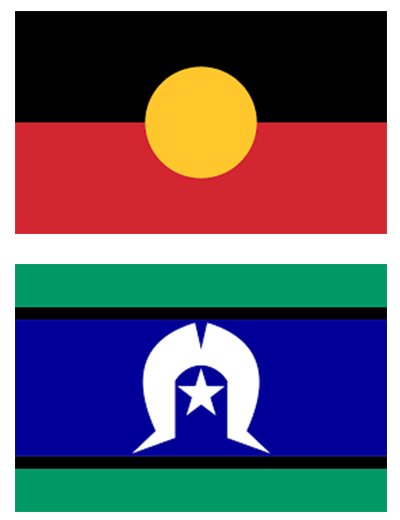Info for Referrers
NQNS welcomes referrals from an extensive referral base including medical doctors, medical specialists, allied health professionals, Insurance organisations and schemes, medicolegal and forensic professionals, NDIS support co-ordinators and other support services.
The purpose of assessments varies for each individual case. The following are some common reasons for referral:
Neuropsychological assessments address decision making capacity across health, lifestyle/accommodation, finances and legal domains; testamentary capacity including capacity to prepare a Will or EPOA; QCAT application for Guardianship.
Neuropsychological assessments can often tease out type of dementia (eg., Alzheimer’s Disease versus Fronto-temporal dementia); address whether a child satisfies diagnostic criteria for Learning Disorder and/or Neurodevelopment Disorder(s); address Intellectual Disability; and whether a person presents with a Neurocognitive Disorder.
Neuropsychological assessments are essential in providing a baseline assessment for a person in the initial stages in their recovery (eg., 6 months post traumatic brain injury or stroke and outline the individual’s pattern of strengths and weaknesses, and severity of impairment if relevant. The results of a neuropsychological assessment can then help inform doctors and other health providers in terms of appropriate strategies and treatment/management advice.
Baseline and serial assessments assist in addressing important matters like returning to work, returning to driving, and capacity for independent living.
Neuropsychological reports are often used to assist individuals in their application for NDIS, disability pension, QCAT application and TPD.
Neuropsychological assessments are often used in medicolegal settings for a host of reasons which might include personal injury claims, capacity to plead or give evidence and Total and Permanent Disability insurance claims etc.
Neuropsychological assessments are integral in confirming whether a person has suffered a traumatic brain injury and whether it is of a mild, moderate or severe degree. This is particularly relevant to sporting professionals/athletes with the potential for repeated concussion injuries and Defence members post blast injuries.
Neuropsychological assessment is paramount in the workup of an individual in terms of determining suitability to proceed with Deep Brain Stimulation Surgery.

Steps for making a referral:
- Provide a detailed referral letter outlining background, reason for referral and specify what the assessment is to address – be as specific as possible
- Provide personal details and contact number of the person referred
If available, attach any relevant documentation such as medical/allied reports, brain scans, Workcover Claim number, NDIS number etc. - Send referral letter to NQNS via email: info@nqns.com.au or Fax: 07 4420 3812
If you have any questions related to making a referral, please contact our knowledgeable practice manager who will be able to assist with your inquiry.
NQNS is registered and/or partnered with:
- NDIS
- Open Arms
- Workcover
- NIISQ
- BUPA ADF services
- Alliance Rehabilitation

NQ Neuropsychology would like to acknowledge Aboriginal and Torres Strait Islander peoples as Australia’s First People and Traditional Custodians. We pay our respects to Elders past and present and are committed to making a positive contribution to the wellbeing of Aboriginal and Torres Strait Islander young people.

NQ Neuropsychology is committed to embracing diversity and eliminating all forms of discrimination in the provision of health services. We welcome all people irrespective of ethnicity, lifestyle choice, faith, sexual orientation and gender identity.
Privacy Policy
Copyright 2022. North Queensland Neuropsychology Service. All Rights Reserved.